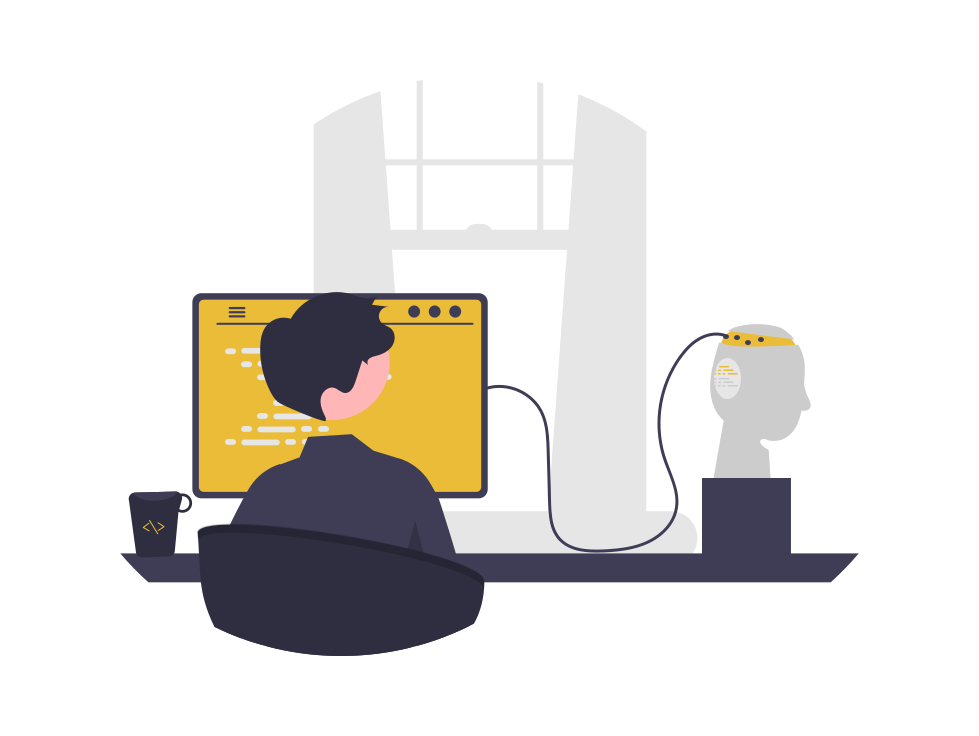What is AI? AI, which stands for artificial intelligence, encompasses several technologies that enable “machines” to perceive, understand, act, and learn to increase human capabilities. AI will transform the way people work, and it will increase our creativity and skills.
In this time of growth and change, the computer’s accuracy and speed of execution can reinforce human intelligence.
“Take care of your employees as you want them to take care of your customers.” Companies can take this saying literally and choose an HRIS boosted by artificial intelligence functionalities that contribute to the employees’ well-being.
Customization is a challenge for AI, and it must open new possibilities instead of limiting your horizons by using data that reproduces patterns of the past. Data is at the heart of these challenges. Organizations must focus on a specific theme, for example, an area of activity or a geographic location, while emphasizing the importance of centralizing all data.
Data analysis is crucial in decision-making tools. That’s why companies that develop HRIS must place AI at the heart of their innovation process. In practical terms, implementing IA in HR will allow you to save time, focus on high value-added tasks, reduce the risks of errors significantly, and increase the digitalization of the HR function.
Here are only a few possible applications for human resource management: prediction of resignations, assessment of employees’ engagement, integration of chatbot, help with recruitment and internal mobility, etc. However, innovation must also promote an ethical approach when implementing artificial intelligence in HR. Managers must become data analysis masters to get a 360-degree view of human resources and improve predictions significantly.
In conclusion, AI should continue to simplify our life and help the Human Resource Department to become a strategic lever in the company!
Jean-Marie Coudure-Tuquet / Mathilde Roussel
